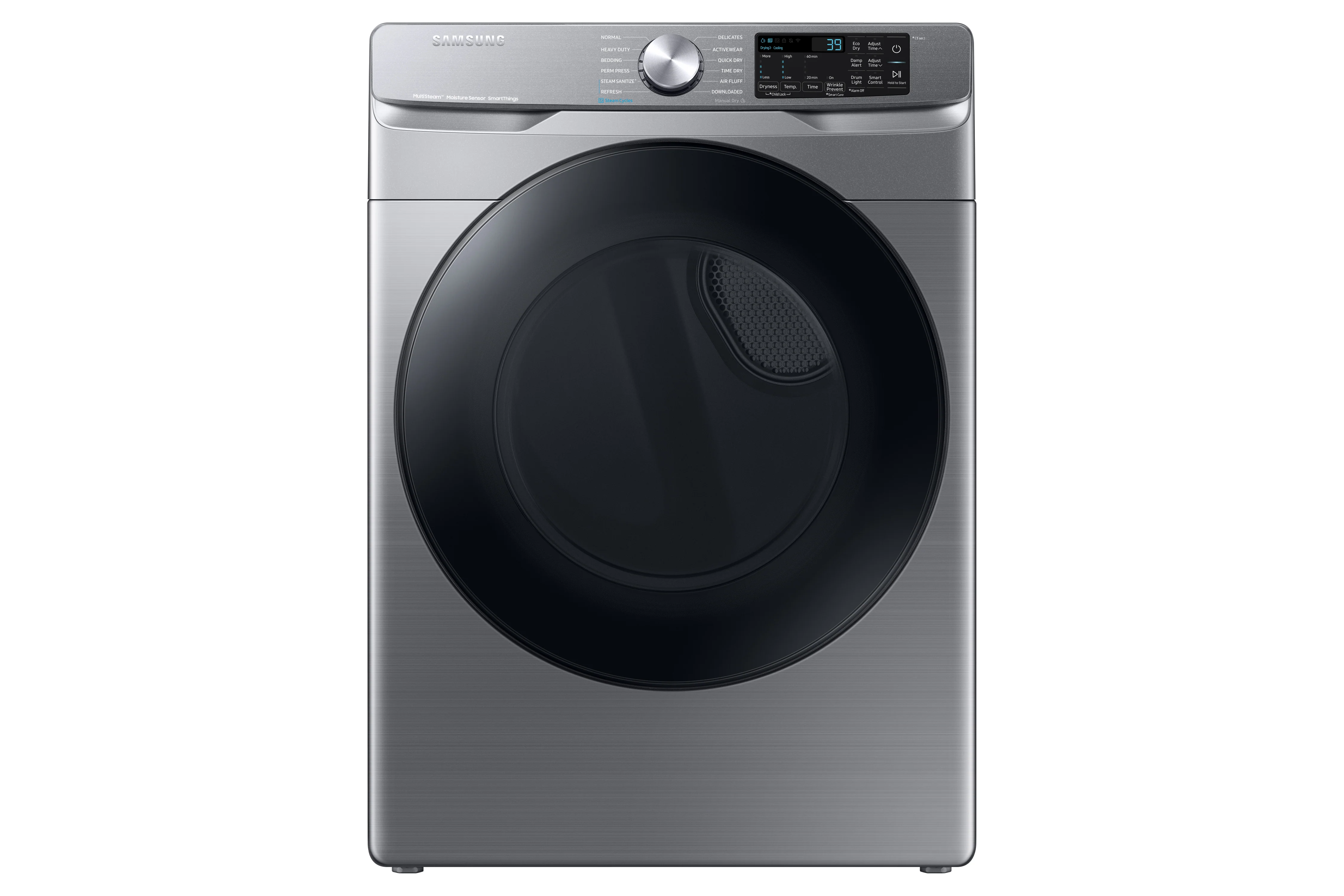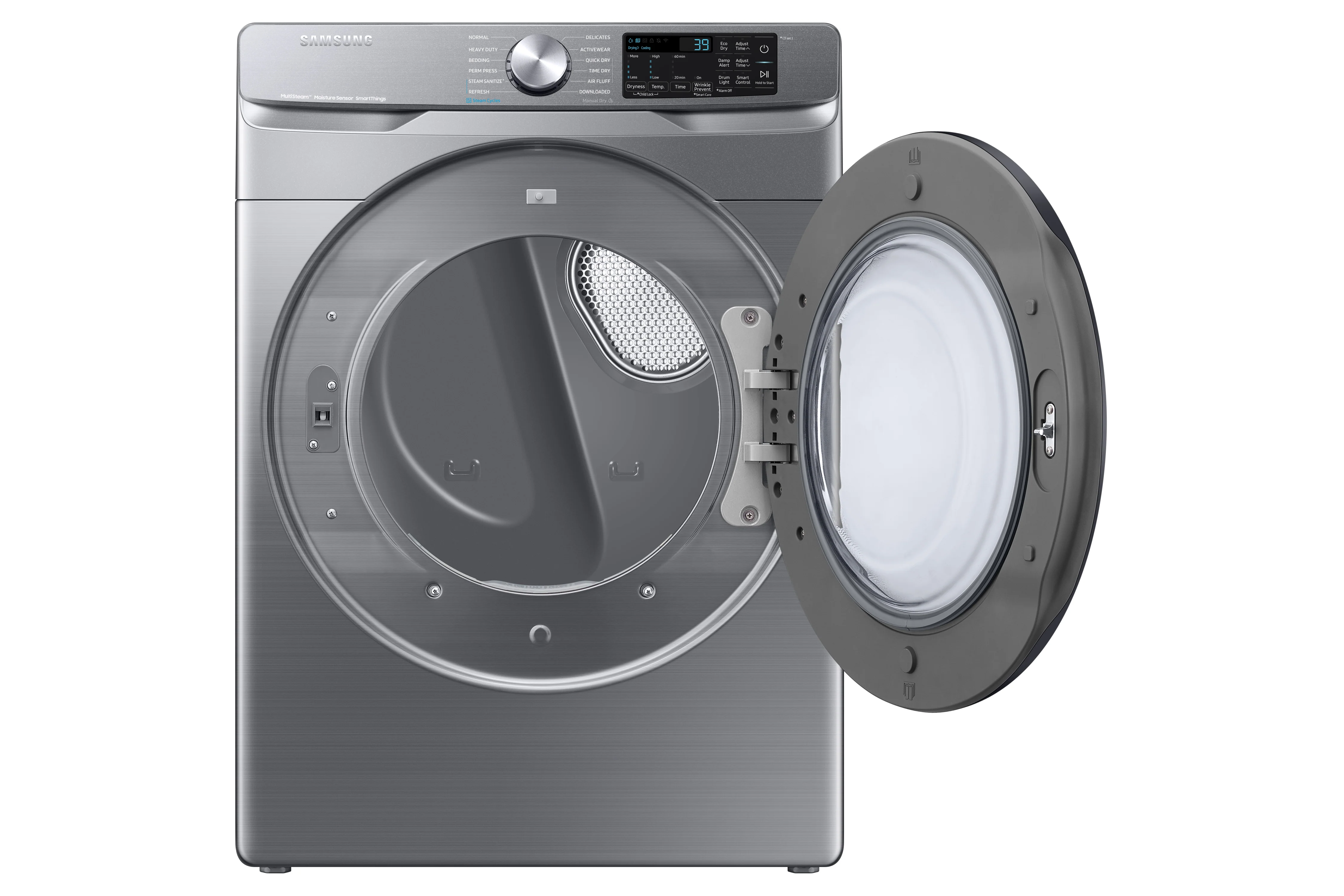We are sorry to break it to you, but your fridge is dying. Yes, that magical machine in the kitchen where your food lives can eventually wear out and need replacing. With time comes inevitable wear and tear leading to the deterioration of any model you own, even top-of-the-range.
The good news is that there are ways to tell when your fridge might need repair before it becomes an emergency. To help you, we have gathered some warning signs that you may need to replace your fridge.
In this article, we will cover:
7 Signs Your Refrigerator Is Dying
When you notice any of the signs below in your fridge, it is time to replace it. While some issues can be repaired, replacement is the ultimate solution if that does not work. Here are 7 signs of impending death:
1. Your Fridge Is Over 10 Years Old.
The lifespan of a typical fridge ranges from 10-15 years, and if you are still within the first half of this range, you should have plenty of time before needing to replace it. If it is on the upper end of that range, it’s likely on its last legs.
Over time, fridge seals and gaskets can wear out and crack, allowing warm air to seep in and causing food to spoil faster. You may also be using more energy than necessary. In this case, it may be time to start shopping for a new fridge.
2. Your Fridge Is Extra Loud
If your fridge is making more noise than usual, it could be a sign that it is dying. This could be due to a failing motor, compressor, or broken fan blade. If you notice increased noise, it’s important to have a qualified technician inspect the fridge. If it’s an issue with the motor or compressor, it can be costly to repair, and you may be better off replacing the fridge.
3. Your Fridge Is Extra Quiet
Is your fridge running abnormally quiet? If so, it could be an indication that something is wrong with it. While a quieter fridge can be a good thing, too much silence could be a sign that the compressor is not running. If you notice this, have a specialist check your refrigerator.
4. Food Is Spoiling Before the Expiration Date
If food spoils faster than it should, this can mean that your fridge is not cooling correctly. This could be due to a faulty thermostat or worn-out seals and gaskets. Have a qualified technician inspect the fridge and recommend the best course of action.
5. Excess Frost in the Freezer or Fridge
Excessive frost buildup in your freezer or fridge can be a sign that the defrost timer or thermostat is not working properly. If the thermostat is not correctly regulating the temperature, it can cause the freezer to become too cold and frost to accumulate.
This can also cause food to spoil more quickly, so it is essential to service your fridge to ensure it is cooling properly.
6. Condensation on the Outside of the Fridge
Condensation on the outside of the fridge can be a sign that the gaskets and seals are worn and not providing a proper seal. This can allow warm air to enter the fridge, causing food to spoil faster.
It is essential to have a qualified technician inspect the fridge to determine if the seals and gaskets need to be replaced.
7. The Back of the Fridge Feels Hot to the Touch
Most refrigerators are designed so that the back feels warmer than the front because that’s where the motor is located, but if it feels hot to the touch, this can be an indication of problems. Reasons include dirty condensers outside the unit, which reduce airflow, causing more heat buildup inside, loose wire connections on coils or fan motors, and clogged vent holes restricting airflow out of the unit.
How to Extend the Life of Your Fridge: Refrigerator Maintenance Tips
Proper refrigerator maintenance is essential to ensure it runs efficiently and lasts as long as possible. Without regular care and attention, your fridge can be more prone to breakdowns and costly repair bills.
Here are four tips for extending the life of your appliance:
- Keep the coils clean. Regularly dust the coils on the back or bottom of your fridge to remove any dirt and dust buildup. This helps your appliance run more efficiently and prevents breakdowns.
- Change the water filter. Replacing the water filter in your fridge every 6 months helps keep the water and ice tasting great and prevents your fridge from working harder than necessary.
- Clean the seal. To ensure your fridge is sealing properly, wipe down the door seal with a damp cloth and mild detergent every few months.
- 4. Keep the temperature consistent. Avoid frequently adjusting the temperature of your fridge as this can lead to costly repairs and shorten the life of the appliance.
When to Buy a New Fridge
When refrigerator malfunctions, the consequences can be disastrous and costly: spoiled food, ice buildup on shelves and in other areas of the appliance (e.g., freezer), excessive energy use, or lower efficiency due to malfunctioning parts.
As mentioned, taking appropriate action as soon as possible can save you these and other problems. If you’re noticing any of the above warning signs in your fridge and repairs are too costly or ineffective, it’s time to start shopping for a new one.
There are many factors to consider when buying a new fridge. Some things to have in mind include the size, features, and price. You’ll also want to consider the type of food you’ll be storing and the amount of energy you’ll be using. If you’re looking for a more energy-efficient model, consider investing in an Energy Star-certified fridge.
Personal preferences also matter when choosing a specific type of fridge. For example, if you’re looking for more storage space, you may want to look for a model with adjustable shelves and door bins. If you’re looking for a more aesthetically pleasing model, you may want to shop for one with a stainless-steel finish or a French door refrigerator.
Budget is another important consideration. While bigger and more feature-packed fridges may be more expensive, there are still plenty of affordable options on the market. If you’re on a tight budget, look for a model with basic features that can still store all your food.
Conclusion
A functioning refrigerator is a crucial part of your kitchen, and it is critical to recognize signs that your fridge may be dying. By being aware of these signs and taking the necessary steps to extend its life, you can ensure that your fridge runs efficiently and reliably for years to come.
We created an in-depth fridge buying guide and have hundreds of options in our fridge catalog to help you upgrade your appliance. With the right research and planning, you’ll be sure to find the perfect fridge for your home.
FAQs About Fridge Dying
What does a dying refrigerator sound like?
A dying refrigerator can make strange noises, including buzzing, humming, clicking, and even gurgling. The noise may come from the motor, the compressor, or the evaporator fan. It could also be caused by a worn-out seal or worn-out fan bearing. In some cases, it might be due to a refrigerant leak. Regardless of the source of the noise, it is important to have it checked out as soon as possible.
What happens when a refrigerator dies?
When a refrigerator dies, it can no longer keep food and beverages at a safe temperature. As a result, food and beverages can spoil and become dangerous to consume. It is important to dispose of these items as soon as possible to avoid any potential hazards.
How long do refrigerators usually last?
The average lifespan of a refrigerator is about 13 years. However, this number can vary depending on the type of refrigerator and how it is maintained. Some types of refrigerators can last as long as 20 years, while others may need to be replaced after as little as five years. To prolong the life of a fridge, it is important to regularly clean and maintain it, as well as replace any worn-out parts.
What is the most common cause of refrigerator failure?
The most common cause of refrigerator failure is a faulty or worn-out compressor. The compressor circulates the refrigerant within the refrigerator and is essential to keeping the temperature at a safe level. If the compressor fails, the refrigerator can no longer keep food and beverages cold. It is crucial to have the compressor checked regularly to ensure it is working correctly and replace it if it is not. In addition, other possible causes of refrigerator failure include a faulty thermostat, worn-out seals, and a lack of proper maintenance.















